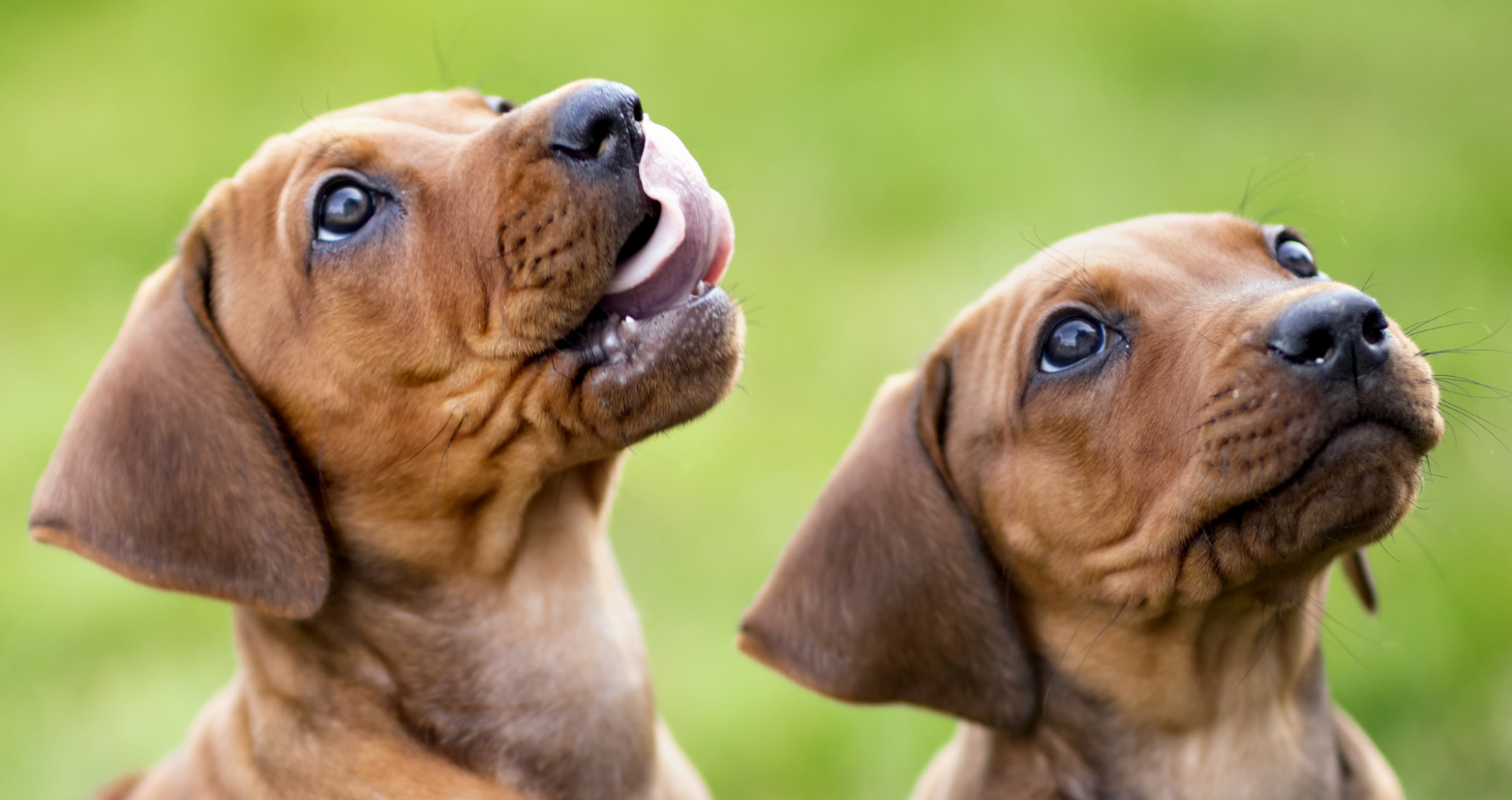
Puppies
This group is dedicated to sharing tips for making it through the puppy stage. This can include:... View more
13-Week German Shepherd Biting
-
13-Week German Shepherd Biting
I have a GSD that we took home at 9 weeks and she is now 13 weeks. Since we brought her home, she has been biting our arms constantly when we are just attempting to pet/praise her… It doesn’t seem to be aggressive but I’m not too sure. She is very well trained for 13 weeks and knows her basic commands really well such as her recall, crate, sit, down, stand, stay, focus and leave it. She also knows “friendly” which will allow us to pet her without any biting, but unless we say the command, she will bite us when we attempt to pet her. I believe she is getting enough exercise/stimulation throughout the day as we have worked up to 2-3 walks (30 minutes each; fast walking) with 3-4 training sessions. She is crated the remainder of the day except for playtime.
Back to the biting… If me or my fiance try to pet her, she will bite down and try to pull our arms. My fiance has become somewhat fearful of this and tries to avoid the situation by not petting her. When this happens, we usually have no choice but to pull our arms away unless we want her tugging on them. The moment I say “no” or “no biting”, she growls (sometimes barks) and pulls harder. If she knows I have a treat, and I say “no biting”, she will immediately stop (side note: I almost feel like she does a bad behavior knowing she will get a treat when we tell her to stop… she sometimes puts 2 paws on the couch and looks at me, waiting for me to tell her “off”). When she bites, we are separating ourselves by going to another room but that will only stop her until we pet her again. Sometimes we remove our arms from the situation by tucking them under our armpits or behind our back so she can’t play with them but then she will nip at our shins or take mouthfuls of our calves.
The good thing is she doesn’t bite strangers and she will actually let them pet her. Everyone praises her for how well-behaved she is… but only if they knew. Any help would be greatly appreciated!!
Log in to reply.

